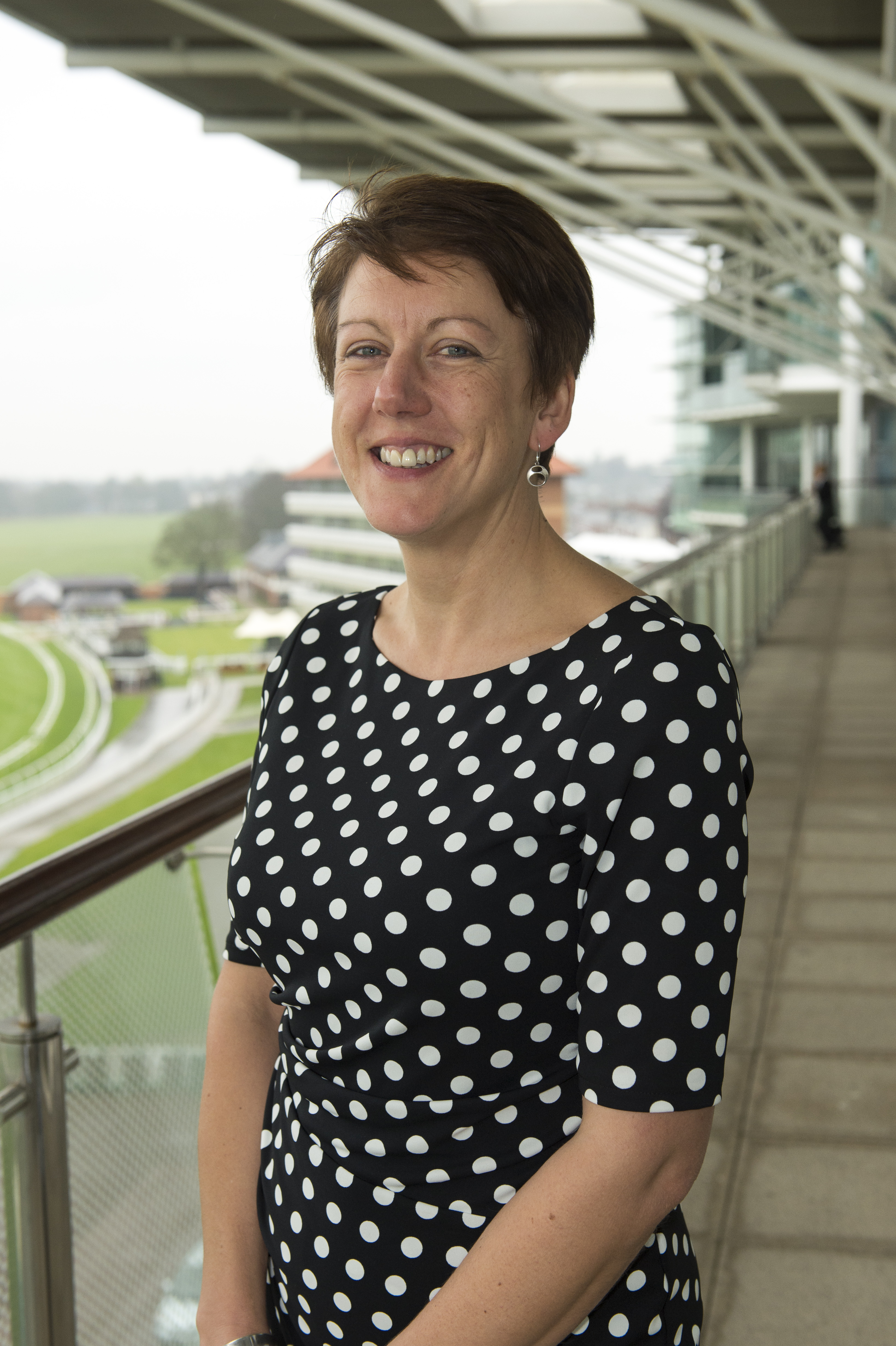Pam Parker
 The 4 pillars of advanced practice to support career development.
The 4 pillars of advanced practice to support career development.
The celebration of ultrasound awareness month 2019 has led me to reflect upon my career to date. I do this not only in my role as Consultant Sonographer but also as the President Elect of BMUS and as chair of the working party responsible for developing the career progression framework for sonographers in the UK. I am immensely proud of the achievements of the working party; not only have they produced a framework model which supports life-long learning and development but they have also developed a framework that underpins best practice and directly relates to our professional 4 pillars.
Before I describe my role in terms of the 4 pillars of advanced practice I feel I should give a little background; this has not been a quick journey to becoming a consultant practitioner but it has been one of my long term goals and I have self-directed my career path to give me the best chance of achieving this when the right opportunity arose.
I qualified as a sonographer in 1996. In those days the expectation of the sonographer was different. Excellent scanning skills were, of course, required but independent reporting in the non-obstetric field was only just emerging as a skill. In many instances, the back-up and support of radiologist, including the addition of a second report, was common place and expected.
There are many reasons why the role of the sonographer has changed over the last 25 years. It is not only the role that has changed but the expectations and, to a large degree, the responsibility of the job have risen too. The two major factors behind this have to be the national shortage of radiologists, particularly those with a modality interest in ultrasound, and the ever increasing demand for our service. This has led to significant opportunities for role extension and development. I have been fortunate to be able to seize these opportunities and, through hard work and commitment, I have been successful in changing boundaries of practice and extending my career.
However, this comes with a price; there is an increased need to be accountable for one’s own actions and take on the burden of responsibility that these extended roles demand. I no longer believe that the issuing of a report, as the only task, is sufficient to state that one is an advanced practitioner. It is the knowledge required by the practitioner to fully understand the implications of what they are reporting in terms of diagnostic pathways, further management and personal patient impact that adds value to the role. A report without the wider knowledge and understanding can be counter-productive and a poor reflection of the skills of a sonographer. This wider understanding has led to a greater sense of job satisfaction, increased morale and enabled me to meet my career aim. I hope that describing my experience can inspire the next generation of sonographers .
The Four Pillars of Consultant Sonographer Practice:
Expert Clinical Practice:
I am the lead sonographer for general medical ultrasound and as such have patients referred to me for either a second opinion examination or for follow up of lesions detected on other imaging modalities. I have developed skills in contrast enhanced and fusion guided imaging to improve this workload.
I provide second opinions on examinations and scan in peer sessions with sonographers and registrars to provide a two-way learning opportunity
I am part of the clinical team with several clinical sessions throughout the week including Trans-rectal prostate biopsy lists. The TRUS Bx are done using fusion imaging post MRI and to facilitate this I have developed skills in MRI reporting of prostates.
I write the guidelines of practice for the department and ensure clinical standards are met. Standards are set by national guidance and on-going review of local practice.
I am involved with local policy and pathway development as well as working with BMUS and SCoR on the development of national guidelines and quality standards.
Leadership and Management:
I managed the ultrasound service in Hull for 12 years prior to attaining my consultant role. The leadership and management skills developed transfer over into the new role. I have empowered a group of clinical specialist sonographer to lead their own specialist areas of practice. I have encouraged sonographers to undertake their own additional studies and submit work for presentation.
I lead the peer review audit process for the department. This includes leading the learning from discrepancy meetings and ensuring learning outcomes and actions points are embedded in practice. From this I manage issues related to poor performance and possible discrepancies that arise. I am the Duty of Candour lead for the service.
I lead the clinical team within ultrasound ensuring that practice is current and in line with published best practice and local needs of the commissioners.
In addition to my role in Hull, I lead various national projects including the Professional Standard Group of BMUS plus the Sonographer Workforce Implementation group of Health Education England.
Leadership skills are also required with my work in the education group of BMUS facilitating study days and education streams at the annual meeting
Education:
Providing training to peers, junior staff and registrars is a key role of the consultant and is integrated into daily practice. In addition, though I provide tutorials at a local level and am an organiser of the local radiology education programme. A regional approach is under development to try and unify practice across the STP.
I provide education in terms of speaking at study days, at the BMUS annual conference and by inputting in to the ultrasound programme of the local Higher Education Institute.
I have developed our service in conjunction with key industry partners and provide a reference site for Canon and Bracco in terms of fusion ultrasound and CEUS.
Research:
Undertaking research projects can be time consuming and frustrating. However, they are an essential aspect of advanced practice if our profession and clinical understanding is to continue to grow. Research I have undertaken has taken the form of local audits, formal research projects in collaboration with other clinical services and with industry partners, national projects and a formal on going PhD study.
In addition to the projects I have either led or been a key participant in I also review others’ research as a member of the editorial board for the BMUS Ultrasound journal. Having a critical team of reviewers ensures that submitted projects are robustly reviewed and challenged resulting in high quality publications.
Summary
I hope this brief overview has inspired you to embrace lifelong learning and development. A long term career goal of self-improvement aligned with clinical practice development not only will help you progress in your career but ultimately, and most importantly, serves to deliver the very best in patient care – and surely that is our common goal?
Pamela Parker
Consultant Sonographer
Hull University Teaching Hospitals NHS Trust





